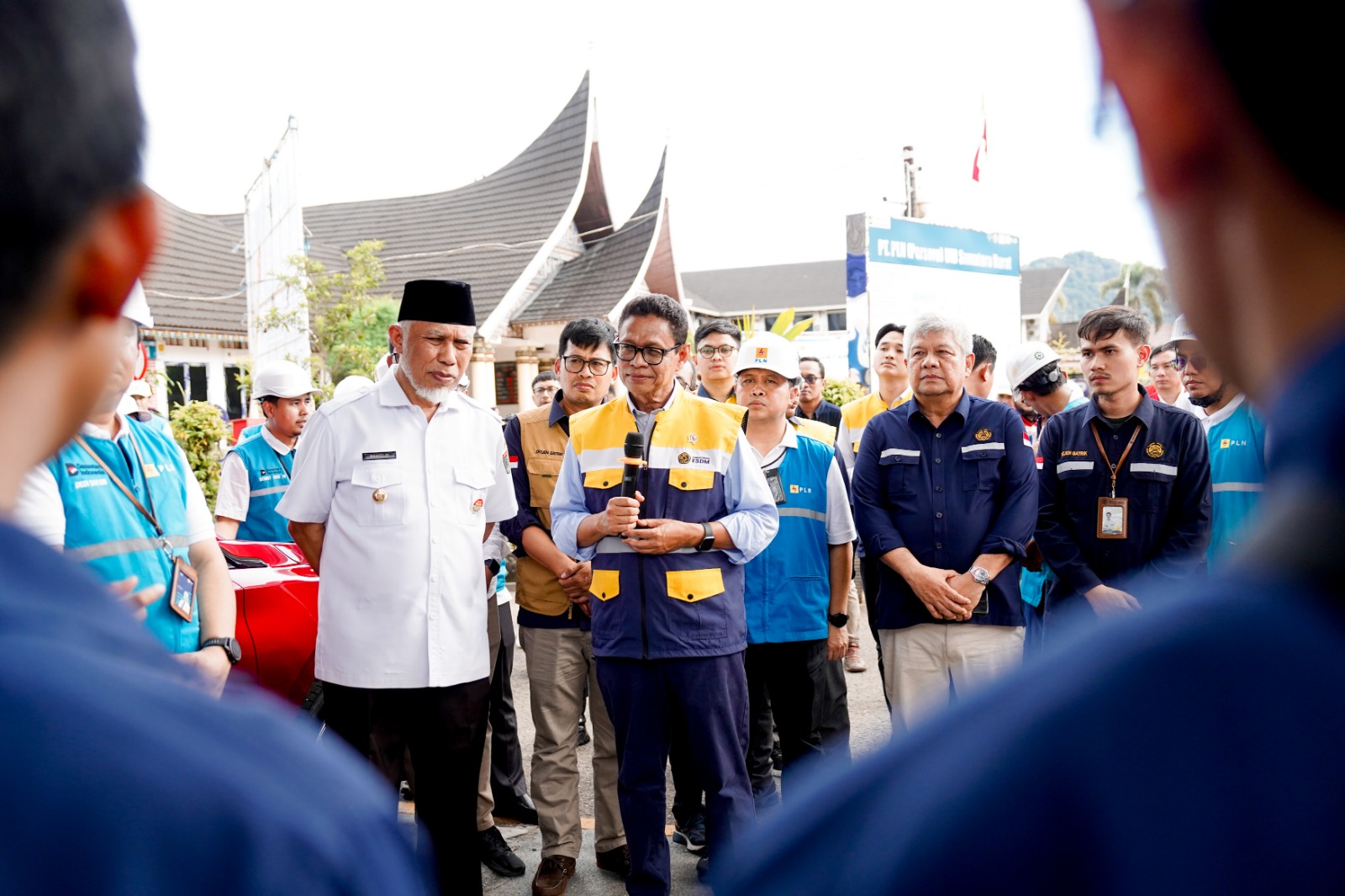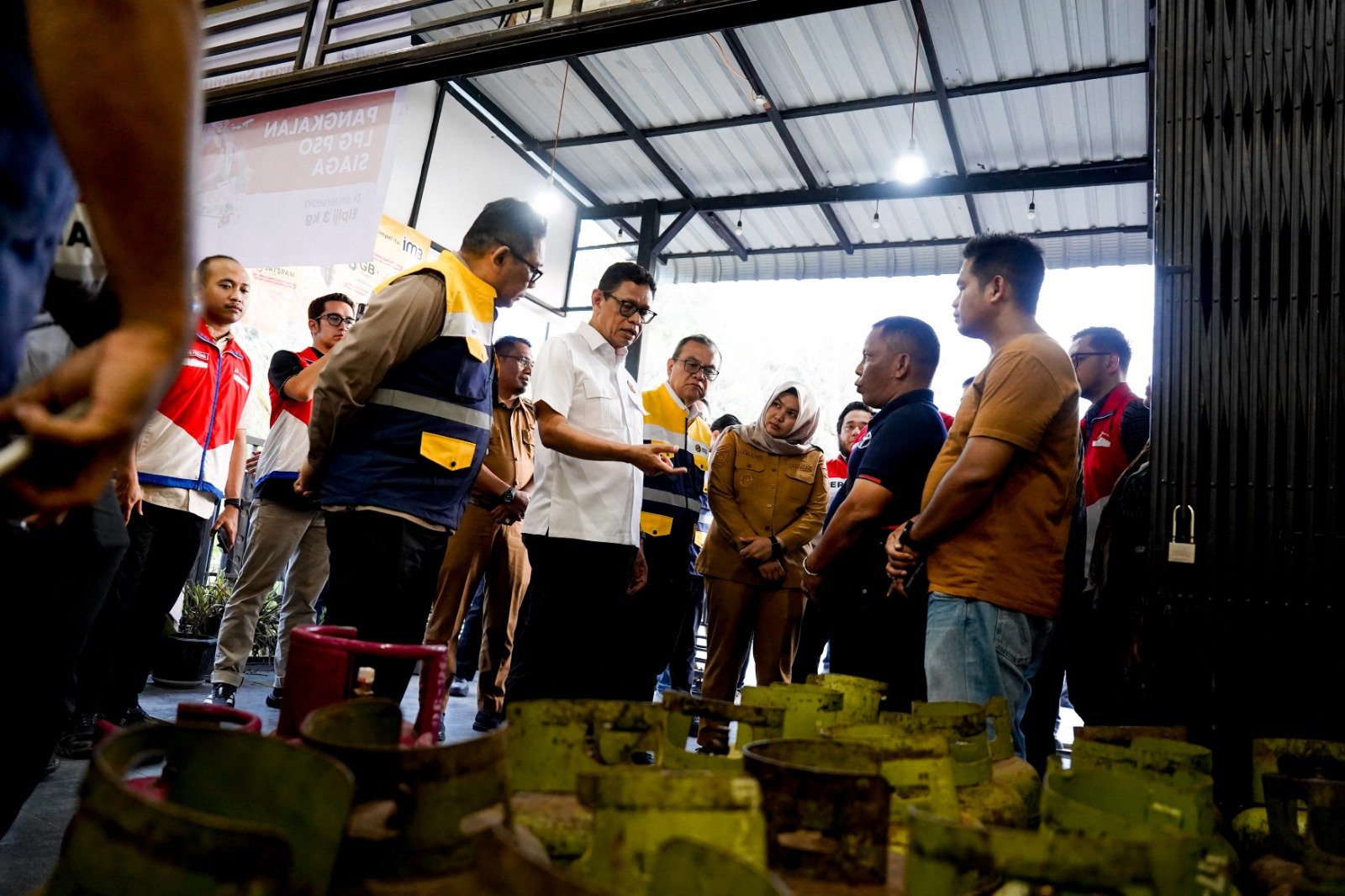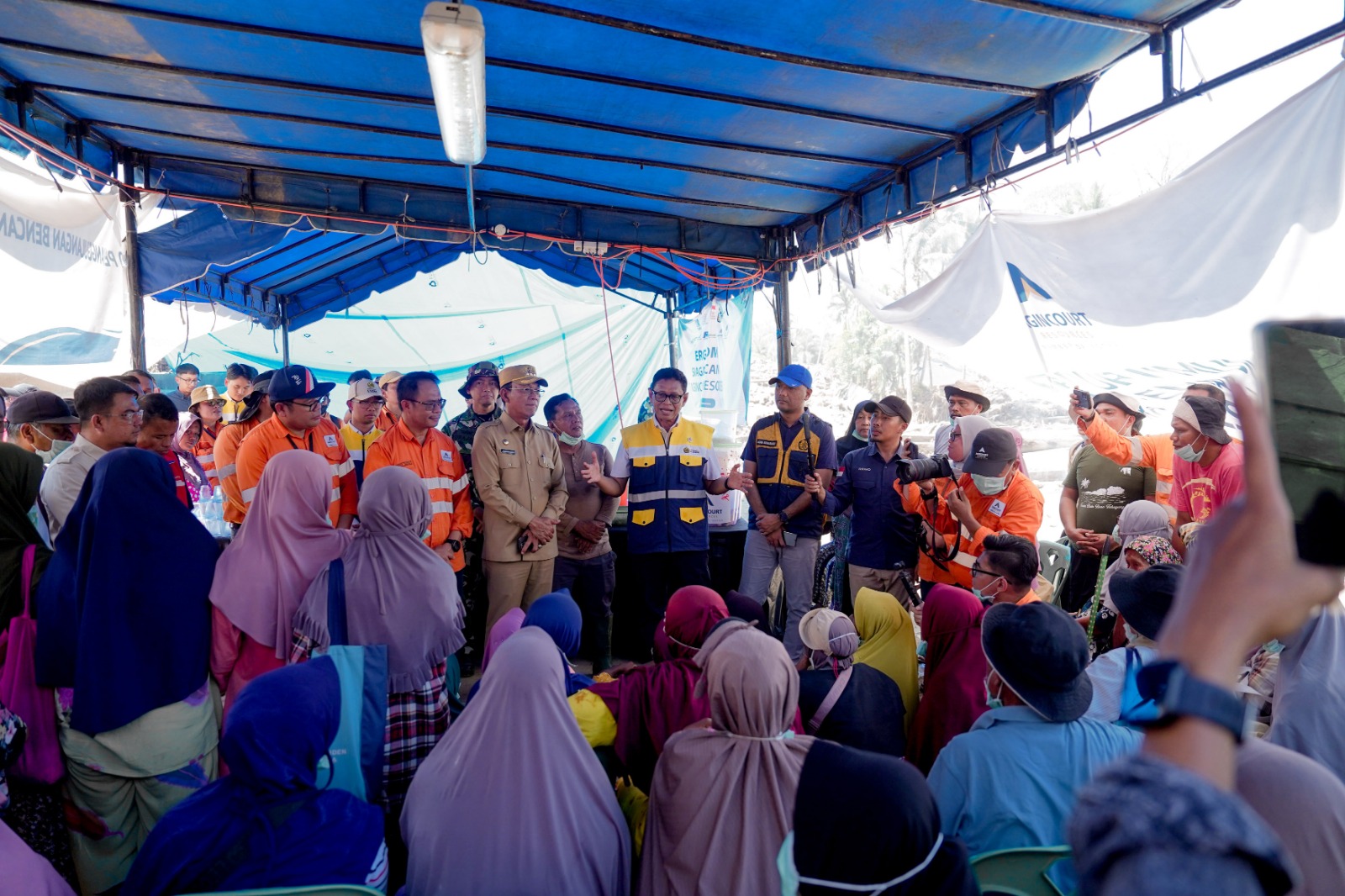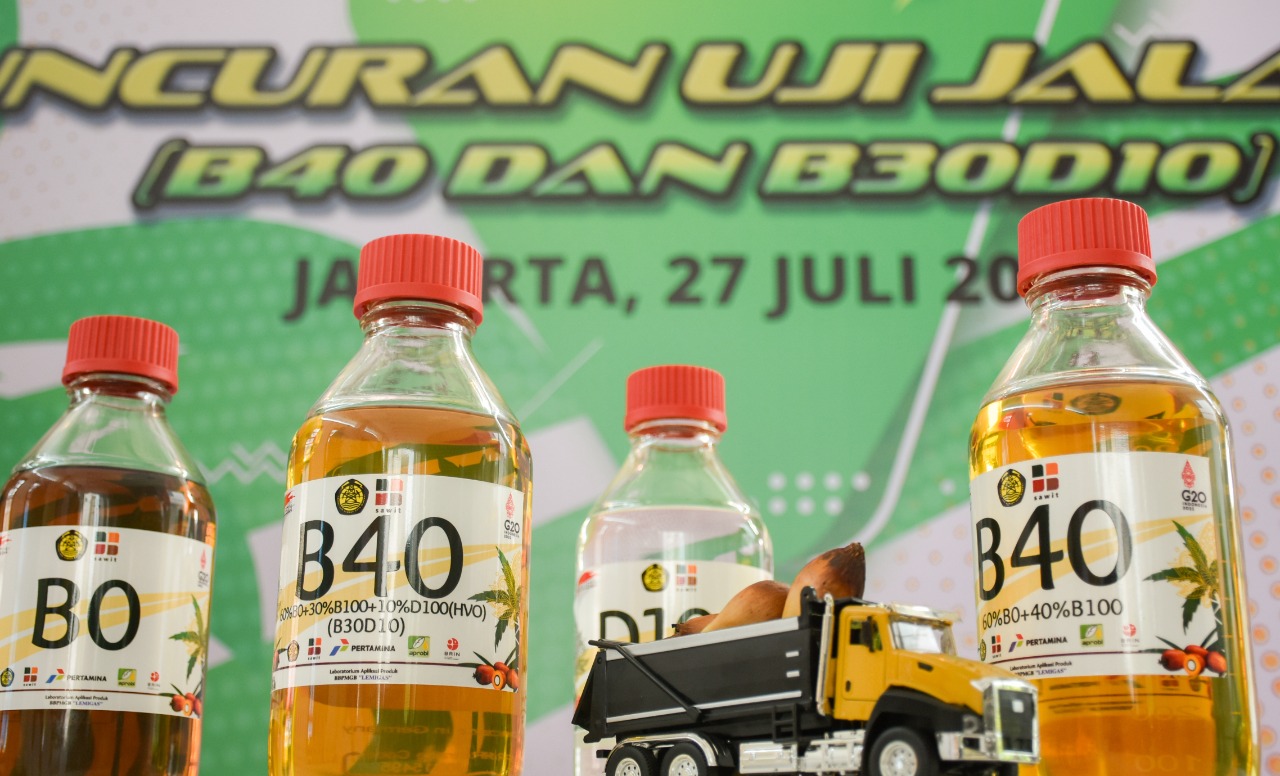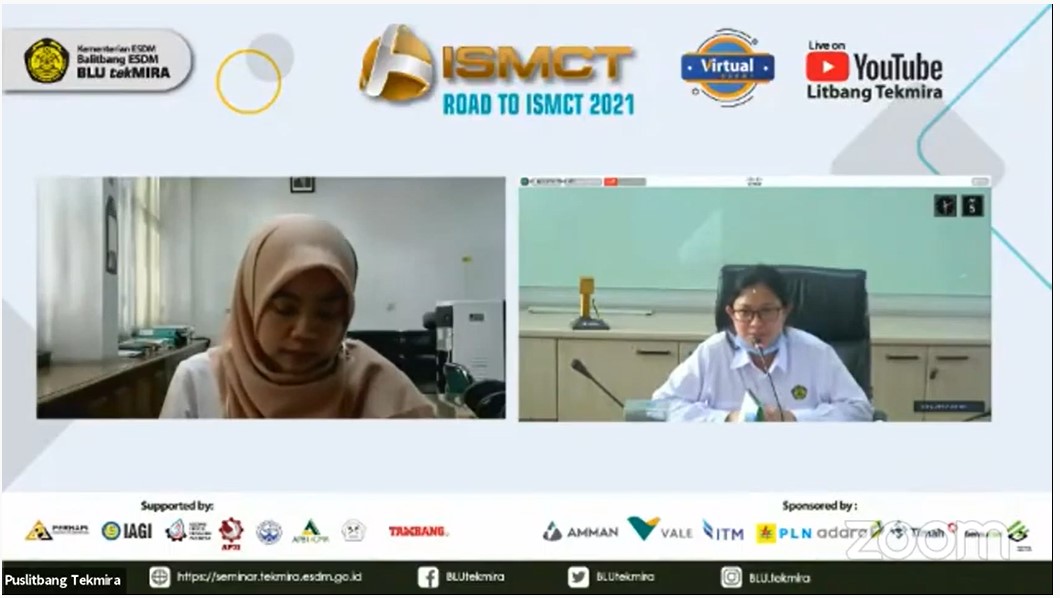
FABA is Effective for Soil Improvement, Says Coal R&D Center
MINISTRY OF ENERGY AND MINERAL RESOURCES
PRESS RELEASE
NUMBER: 120.Pers/04/SJI/2021
Date: 4 April 2021
FABA is Effective for Soil Improvement, Says Coal R&D Center
Fly Ash and Buttom Ash (FABA), the ash from the burning of coal at coal-fired power plants, is considered to offer many benefits as the raw material for construction. In fact, recent research by the Mineral and Coal Technology Research and Development Center (Puslitbang tekMIRA) of Indonesian Ministry of Energy and Mineral Resources (EMR) reveals that FABA is effective as soil conditioner or fertilizer.
Wulandari Surono, a researcher of Puslitbang TekMIRA, said that the use of FABA as soil conditioner must comply with the mandate of Government Regulation Number 22 of 2021, Article 463 (1f), that is, the products must meet the standard requirements issued by Ministry of Agriculture. "Even though excluded from the list of toxic and hazardous waste (B3), it does not mean that coal ash waste is not treated or left unchecked; instead, coal ash waste must be managed and utilized," said Wulandari in a webinar titled Perspective of FABA Management as Non-B3 Waste held on Monday (5/4).
Wulandari went on to say that FABA which is suitable for soil and plants must be in the form of fine particles, have a power of Hydrogen (pH) range of 4.5-12, contain SiO2, Al2O3, Fe2O3, K2O, Na2O, CaO, MgO, MnO and other elements such as Fe, Mn, B, Mo, Cu, Zn, Cl, and Co. "Several literature state that not all coal ash is alkaline, but some are acidic, depending on the sulfur content of coal, combustion, and removal technology. The point is that the sulfur content is directly proportional to the calcium content," Wulandari said.
FABA is more suitable to use in dry, acid soil and peatland because the soils have bad composition. "Good soil has a balanced fraction portion so that the air system, water system, and porosity are good," added Wulandari.
Besides its capability to improve soil pH (acidity) and insecticides, FABA can improve soil texture, aeration, percolation and water holding capacity (WHC) in the managed area as well as reduce soil bulk density and consumption of other ameliorant materials. Other advantages are that FABA contains almost all of the nutrients needed by plants except for C (carbon) and N (nitrogen) elements, reduces the mobility and availability of metals in the soil because alkaline fly ash contains AI and Fe as the source of polyvalent cations.
The above conclusions were drawn after Puslitbang TekMIRA and other institutions conducted several trials, for example between 2006-2018 on the use of fly ash from Kalimantan coal-fired power plants on the tailings from copper mines and mine soil in Sumatra (2010). Meanwhile, the buttom ash of Java coal-fired power plants was used on plantation land (2009 and 2014), degraded land (2017), and acid soil (2016). "Meanwhile, coal fly ash, biomass fly ash, and a mixture of the two were trialed by Subiksa in 2020 and had successfully increased the pH of peat soil," Wulandari explained.
Wulandari emphasized that the research results show the potential of FABA as soil conditioner that can improve non-productive land. "However, more specific research must be carried out because the quality of FABA is not always the same, so the characteristics of FABA must be adjusted to the needs of the land to be managed," she concluded.
For the record, this webinar is part of a series of activities for the International Seminar on Mineral Technology (ISMCT) in 2021 which will be held by Puslitbang TekMIRA on 23-24 June 2021. This year, the international seminar is held on the theme of Sustainable Development on Mining, Processing, and Environment. (IY)
Head of Bureau of Communication, Public Information Services, and Cooperation
Agung Pribadi (08112213555)
Share This!


